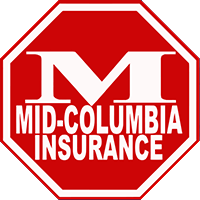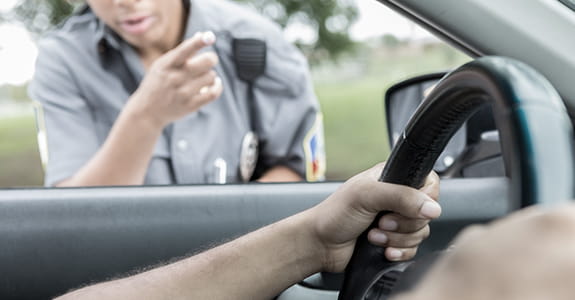Driving without coverage could be a costly choice
We all know car insurance is important. It protects you as a driver, as well as others you encounter on the road. That’s why nearly every state in the nation has car insurance requirements.
You may choose to forego auto insurance in hopes of getting away with temporary savings. But you could wind up paying far more than what you save if you get caught or have an accident. Before you consider driving without insurance, we want to help you understand the risks—and help you choose more wisely.
Is insurance required to drive?
The short answer is yes, it’s the law in all states—except Virginia (as long as you pay the uninsured motorist fee) and New Hampshire. This helps protect you, your passengers, and those you encounter on the road. Each state has minimum requirements on the coverages you must have.
Generally, individuals who own or drive a vehicle need the following car insurance coverages:
- Bodily injury liability: This coverage applies when you cause an accident while you’re operating your vehicle and helps pay for bodily injuries to others.
- Property damage liability: This helps pay damage costs for another person’s property in an accident you cause.
- Uninsured/underinsured motorist protection: If you’re hurt in an accident involving an at-fault driver who doesn’t have insurance or enough insurance, this helps pay for your injuries. Many states require this coverage, but allow you to opt out or reject the coverage in writing.
Each state has its own requirements for the minimum limits you need for the coverages listed above. You’ll want to ensure you meet those levels.
What happens if you get into an accident with no insurance?
If you cause the crash, you’ll likely be held liable for any bodily injuries and property damage. You can also expect to pay fines and may have your license suspended and your vehicle impounded.
If you’re not at fault, the law varies by state and accident. When fault is unclear, you may be responsible for handling communication with the other party’s car insurance company, which can put you in a difficult situation. It may also reduce your chances of receiving compensation if someone else was at fault.
What are the associated costs of driving without insurance?
Financially speaking, driving without insurance can be costly, even beyond the costs insurance would’ve paid for. If you’re unable to show proof you’re insured, the consequences vary based upon the state you’re driving in.
Generally, if you’re pulled over without insurance and have no prior offenses, you’ll likely pay a fine. Your fines are state-specific and can range from very nominal to several thousands of dollars. Some states may have harsher consequences, such as suspending your driver’s license and registration and requiring you to pay higher fees to reinstate them. Other states give police the right to impound your vehicle if you can’t provide proof of insurance, making you responsible for towing fees and other associated costs. And while it’s unlikely for a first offense, you could even face jail time for driving without insurance.
The real question you need to ask yourself when you’re considering dropping or not carrying insurance is whether you should avoid driving until you can afford it again, or find cheaper insurance to help you stay protected.
Where can you find cheap car insurance?
You can get a Dairyland auto insurance policy by starting your fast, free quote for cheap car insurance now. We offer affordable rates, pay-as-you-go plans, low down payments, exceptional service, and reliable customer support—regardless of your financial history or unique challenges.
To get a quote, you’ll need to tell us about:
- Yourself, including your age, driving record, and where you live
- The type and number of vehicles you want to insure
- Others who live with you and/or who you expect to drive your vehicle
We’re here to help as you make important auto insurance policy decisions for your specific circumstances and financial situation.

